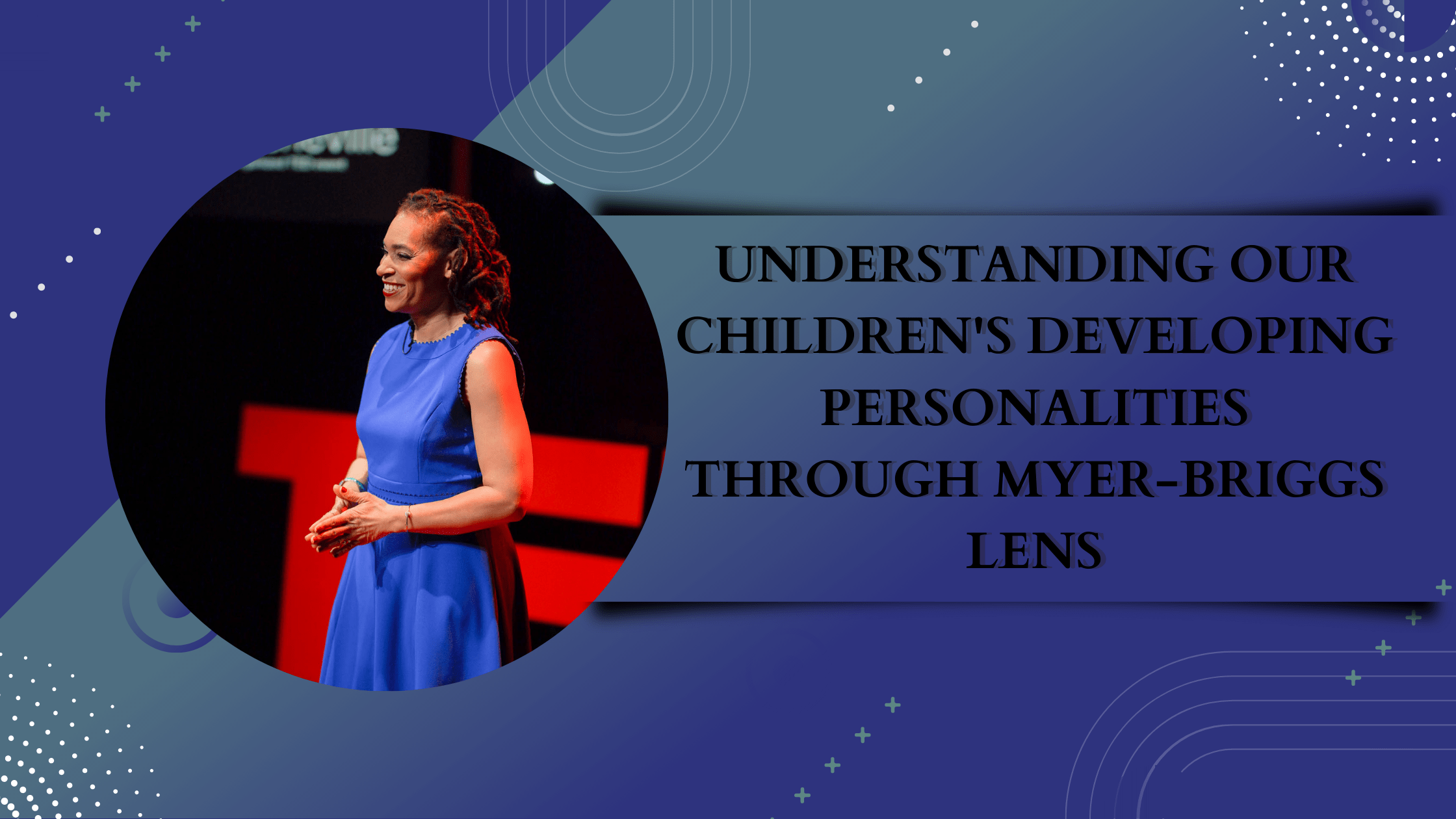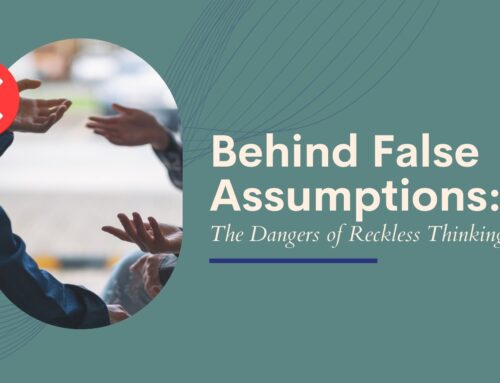
SHOW NOTES
In This week’s Mind ReMapping Moment, we talk about Understanding Our Children’s Developing Personalities Through Myer-Briggs Lens.
As a parent and educator, I firmly believe that empowering ourselves to understand our kids’ personalities is essential to help them grow and develop into happy, healthy adults.
Before we dive in, let me give you a brief overview of Myers-Briggs. It’s a popular personality profile test that categorizes people into 16 different personality types based on their preferences for certain traits. It’s important to note that this tool is not meant to box people in but rather express tendencies based on these personality types.
The first category we’ll discuss is introversion versus extroversion. Contrary to popular belief, being introverted doesn’t mean you’re shy or timid. Instead, it measures where people derive their energy. Do they recharge by being around people, or do they primarily recharge by spending time alone? It’s important to understand that introversion and extroversion are not black and white; rather, they exist on a spectrum.
The second category is sensing versus intuition. This category measures how individuals process information. People who prefer sensing focus on tangible, present things and require external feedback to know how to move in the world. Those who prefer intuition are more internally focused, and imaginative, and tend to connect patterns and possibilities.
The third category is thinking versus feeling. Thinkers rely on facts and logic to make decisions, while feelers make decisions based on values. It’s important to note that while people often think of thinkers versus feelers as logic versus emotion, everyone ultimately makes decisions based on their emotions. Thinkers tend to rely more on their logic, while feelers’ decisions are more influenced by their values.
For example, let’s say you have an introverted child. If you understand that they recharge by spending time alone, you can give them space when they need it and encourage them to engage in solitary activities. On the other hand, if you have an extroverted child, you can help them find opportunities to socialize and recharge with others.
Similarly, if you have a sensing child, you can provide them with hands-on experiences to help them learn and process information. If you have an intuitive child, you can encourage them to explore their imagination and provide them with opportunities to connect patterns and possibilities.
If you have a thinking child, you can provide them with logical, fact-based information to help them make decisions. If you have a feeling child, you can help them understand and navigate their emotions and provide them with opportunities to make decisions based on their values.
Finally, if you have a judging child, you can provide them with structure and routine to help them feel more secure. If you have a perceiving child, you can give them space to be spontaneous and creative and provide them with opportunities to explore.
Despite what most people realize, it’s the unconscious mind that runs us. But how is that so? Get your first primer in 17 minutes! Follow and Share these pearls with others.
Follow Dr. Maiysha on Social media
www.facebook.com/DrMaiysha
www.instagram.com/DrMaiysha
www.twitter.com/DrMaiysha
www.YouTube.com/DrMaiysha
Don’t miss our Guest Episodes each Wednesday!
Hosted by: Dr. Maiysha Clairborne
Ready for the next level in your life? Join the Movement! Become a part of the Mind ReMapping Nation, an exclusive community that empowers your growth & accountability. Go to www.MindReMappingNation.com
Interested to learn Mind ReMapping? Have you thought about becoming a coach? You can! Attend our next Mind ReMapping LIVE Training in Atlanta, and learn the tools to remap your mind in this transformational NLP/Hypnosis and Coach Certification training. Visit www.mindremappingacademy.com or schedule an interest call at www.remapmymind.today









